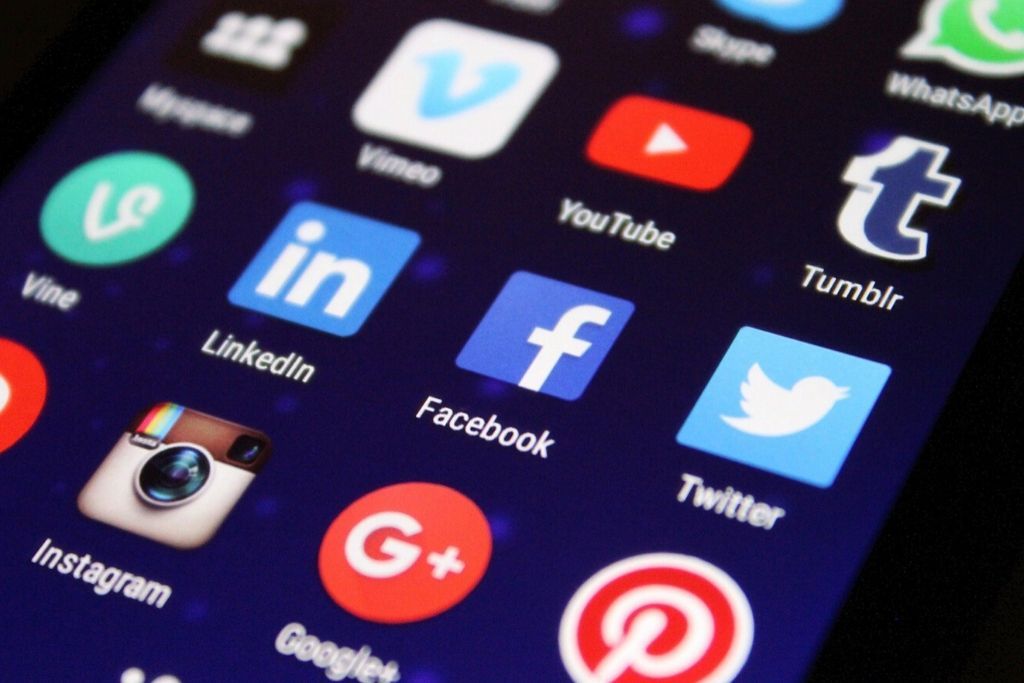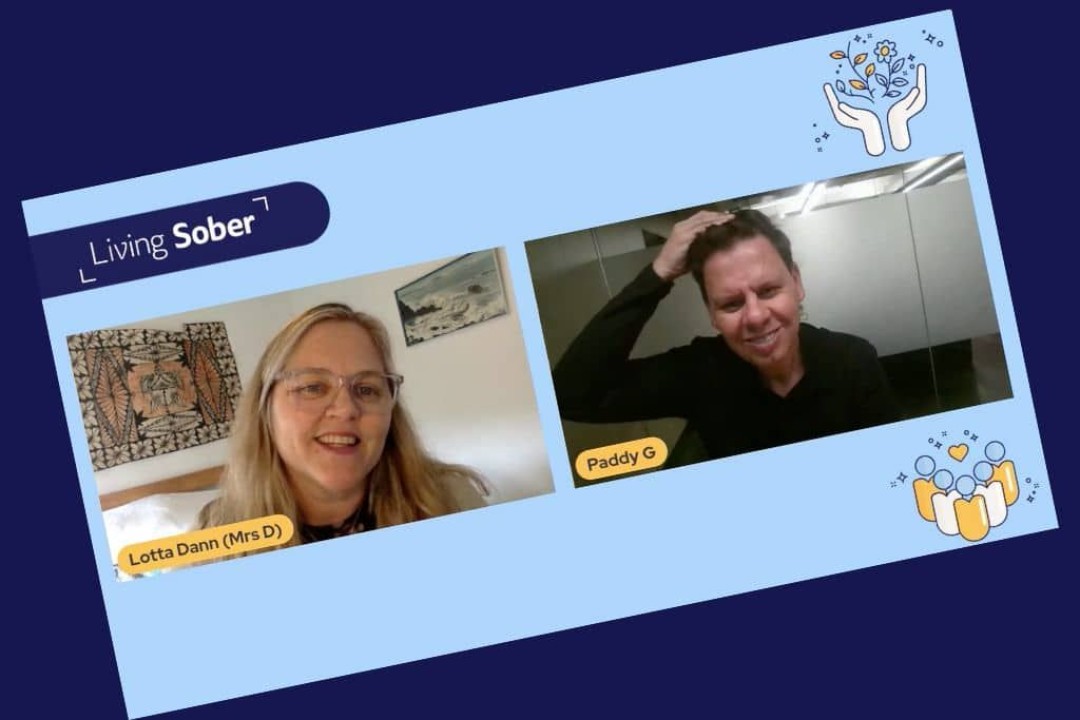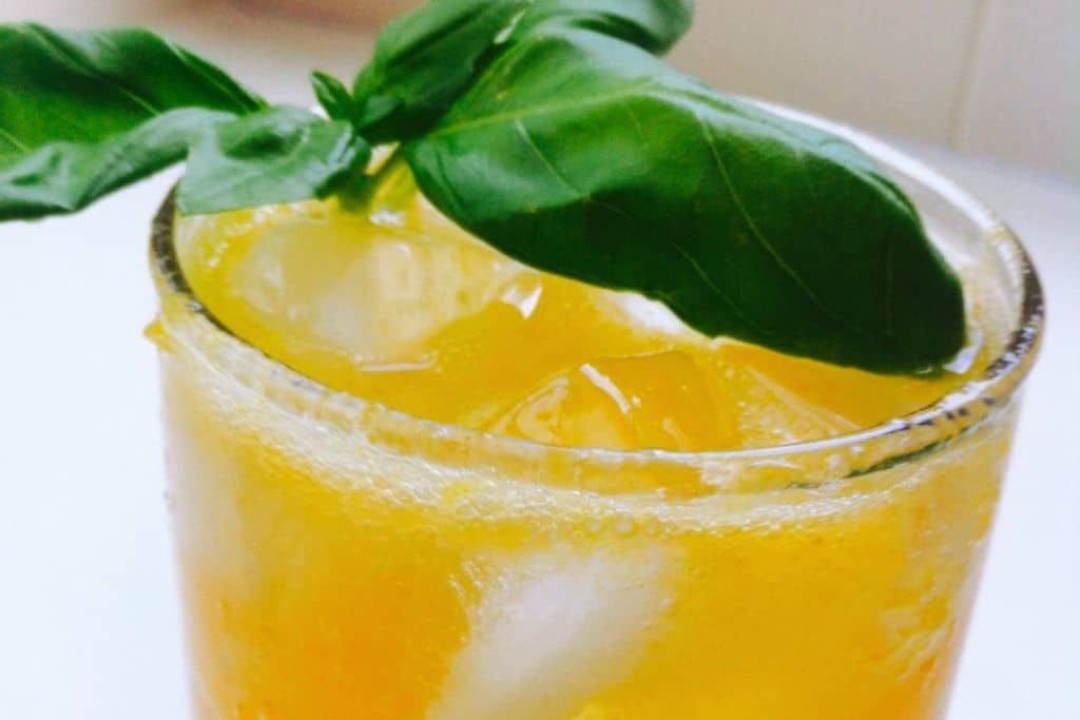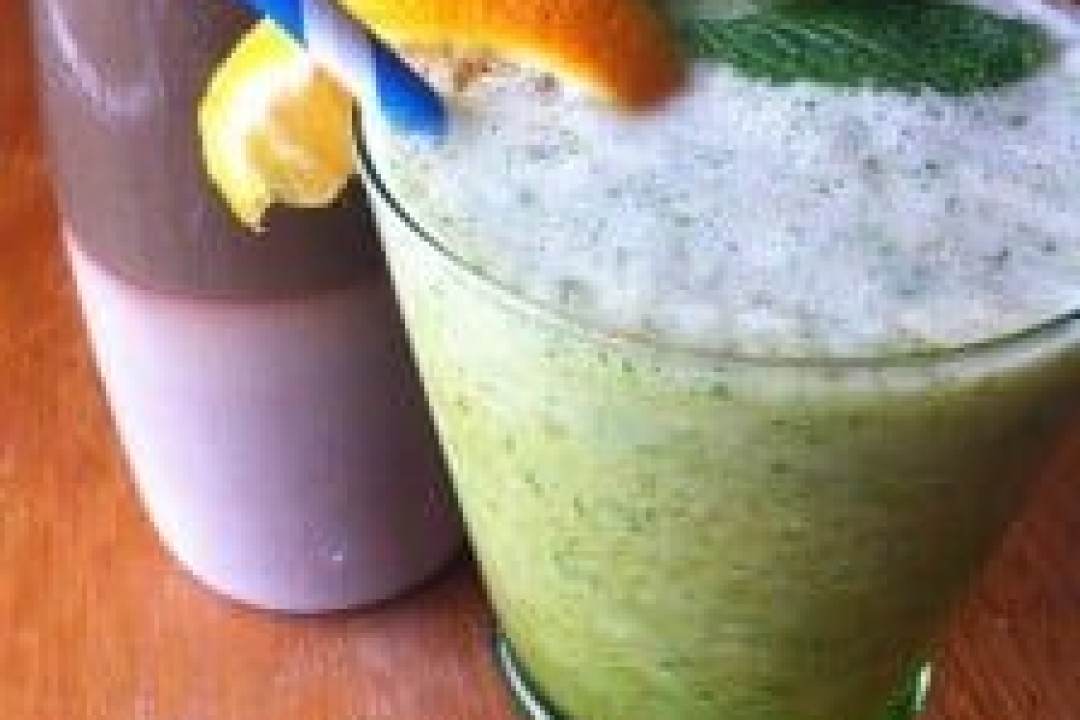Your internet your way...
March 1st, 2020 Mrs D's Blog 10 comments

As we all know we live in a booze soaked world and nowhere is this more apparent than online. In cyber worlds like Facebook, Instagram and Twitter it’s nigh on impossible to avoid photos of happy people drinking, memes and jokey images about getting drunk and being hungover, and slogans that reinforce harmful myths about the supposed benefits of booze.
Every day they appear, over and over reinforcing the message that alcohol is great, harmless fun. I just saw Oprah share a video on her Instagram account of her holding up a massive glass of beer and underneath she’d written the caption “After a long day’s hike… cheers to ya”. Yeah, cheers Oprah thanks for that.
The truth is that alcohol is not great, harmless fun a lot of the time – certainly not for those of us who are addicted to it – and therefore these online images can be extremely confronting and difficult. They can affect our emotional health quite deeply by making us feel left out, tempted or angry. These emotional reactions can be especially bad when we’re bravely battling through early sobriety, feeling incredibly tender and sensitive.
I know this feeling well. I have lived it for years. I’m a sober women who spends a lot of time online. I have often experienced that unmistakable little knot of hurt in my belly when I have been hit with an image about alcohol. It was particularly bad in the early days when I was raw and sensitive, feeling like a boring sober loser in a world awash with merry drinkers.
Now I’ve been off the sauce for over eight years and feel calm and comfortable in my sobriety I can clearly see these messages for what they are (bullshit), but I still have to do a tiny flip in my head when they crop up.
We can all work inside our brains every time we see these pictures to remind ourselves that although our friends look happy sipping chardonnay the reality for us is that chardonnay makes us miserable. And we can all concentrate on telling ourselves when we see the jaunty slogan ‘wine is always the answer’ that actually being a fully connected, fully emotional, fully empathetic human is the answer – NOT wine.
But doing this over and over this takes effort and maybe we’re tired or having a bad day or we’ve seen five of these images in the space of three hours and we’re ground down by the effort of having to fight internally to flip the script. Maybe we’re just sick of the fact that the entire world seems to view alcohol in a glorious way when the truth for us is so fundamentally removed from that view.
So we need to take further action, use the power we do have and take some control back.
Firstly – be robust about how the internet is affecting your mental health and limit your time online if need be. Take a quick break! Turn off your device, step away from your computer, put down your phone. Be tough with yourself, know when it’s time to depart. Stand up, go make a cup of coffee, walk outside to check the letterbox. Look up and around, move your neck, stretch your body. Forget the internet for a moment and remember the immediate world around you. Sometimes I literally say out loud to myself “there’s nothing for me here” when I realise I’m surfing aimlessly. The internet will still be there when I next check in.. but it always feels great to take some power back and dismiss it for a while.
Secondly – edit your social media feeds. They are YOURS to control. We don’t have the power to change the behaviour and mindset of most people online, but we do have power over what we choose to see. It’s easily done. Unfollow.
Unfollow any accounts that give you an uncomfortable emotional feeling. Don’t be afraid. Don’t worry that you might miss out. Don’t fear being out of the loop. Don’t have FOMO (fear of missing out), have JOMO (joy of missing out)! Say goodbye to that which is not serving you. What is of upmost importance is that when you put your phone down, or stand up from the computer chair, you don’t have a little sad or anxious feeling in your belly.
I’ve unfollowed favourite actors of mine on Instagram because they share lots of ‘wine is cool and funny’ type images (but I still love their movies).
I’ve unfollowed neighbourhood mums on Facebook because I found their regular photos of booze with captions such as ‘I deserve this’ annoying (but we still have lovely chats in person and because you can ‘unfollow’ someone on Facebook but remain friends they’ll never know I’ve chosen not to see their posts).
I’ve unfollowed journalists on Twitter because they started filling up my feed with discussions about their hangovers (but I still appreciate their journalistic investigations).
I’ve unfollowed Mummy Bloggers who are great at evoking comaraderie and sisterhood between women but terribly at glorifying alcohol and using it as a cheap way to unite.
I’m giving Oprah a pass for now but if she keeps going on about alcohol then out she goes.
And finally – fill up your feeds with the right sort of material. There are LOADS of sobriety and recovery bloggers, Instagrammers, Tweeters and Facebookers. Find them, like them, follow them and start receiving words and images that fit with your new lifestyle. Look for material that is positive, optimistic, realistic and inspirational. I love nothing more than logging into Instagram in the morning and seeing a picture of a healthy sober person lounging by a pool, or a quote from a mindfulness expert reminding me that life is vast and mysterious, or a spiel from a recovery advocate reassuring me that being alert and awake to all my experiences is vastly preferable to being numb and disconnected with booze.
Remember, the internet can have a real impact on your emotional health and your internet experience is yours to shape. Be strong and confident and edit at will! Do not be afraid to unfollow any account that leaves you feeling sad or uncomfortable. Be discriminate, be bold, make your social media feeds safe and healthy for you.
And always remember … above all else … booze is shit and all the cool people are sober nowadays.
Love, Mrs D xxx
Continue reading
Sobriety Chat: Paddy
Listen to award winning broadcaster and journalist Paddy talks about getting through redundancy without drinking, adjusting to socialising sober, the decision he’s made to be different, and the joy of hangover free mornings.
June 11, 2024 – 11 comments
Pineapple, Orange & Mint Chiller
This is the second drink I’ve made with frozen pineapple (the first is here) and it’s delicious!
May 20, 2015 – 1 comment
Are you in the Members Feed?
I have a sneaky suspicion that there are people who visit Living Sober to read blogs and look in the Sober Toolbox..
February 12, 2017 – 110 comments


